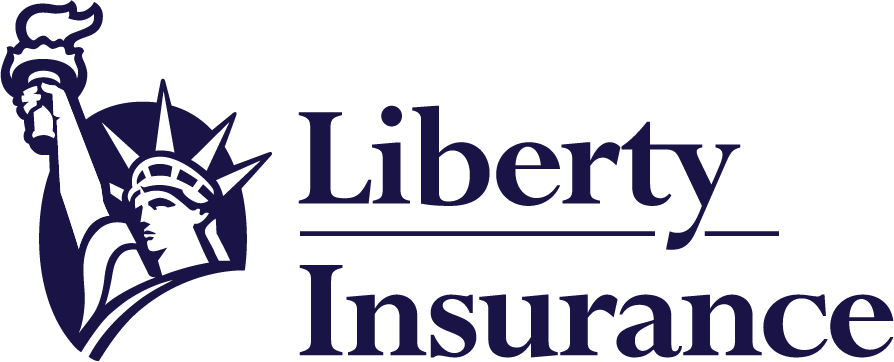Meta Description: Finding affordable life insurance over 60 can be challenging, but it’s not impossible. This comprehensive guide explores options for seniors, comparing policies, highlighting benefits, and helping you find the best fit for your needs and budget. Secure your legacy today.
Securing your financial future is a priority at any age, but for seniors over 60, it takes on even greater significance. Planning for legacy and ensuring the financial well-being of loved ones often involves considering life insurance. However, the common misconception that life insurance is too expensive or inaccessible for those over 60 needs to be addressed. The truth is, affordable life insurance options are available, and understanding your choices is key to finding the right coverage.
This comprehensive guide will delve into the specifics of affordable life insurance for seniors over 60. We will explore various policy types, highlight factors influencing cost, and provide actionable steps to help you navigate this crucial financial decision. By the end, you’ll be equipped to make informed choices and secure the financial protection you and your family deserve.
Understanding the Challenges of Finding Affordable Life Insurance Over 60
The insurance industry considers age a significant factor in determining life insurance premiums. As we age, the risk of mortality increases, leading to higher premiums. This can make finding affordable life insurance challenging for seniors. However, several factors beyond age contribute to the cost, and understanding these allows for a more strategic approach to finding affordable options.
Health Conditions and Medical History
Pre-existing health conditions and medical history significantly impact the affordability of life insurance. Insurers assess applicants’ health risks, and those with chronic illnesses or a history of serious health issues may face higher premiums or even be denied coverage altogether. It’s crucial to be transparent with your insurer about your health status, as omitting information can lead to policy denial or future complications.
Lifestyle Factors
Lifestyle choices, such as smoking, excessive alcohol consumption, and lack of physical activity, also influence premium costs. Insurers view these factors as increasing the risk of mortality, thus justifying higher premiums. Adopting healthier habits can positively impact your insurability and potentially lead to lower premiums.
Type of Policy
Different types of life insurance policies carry varying costs. Understanding the nuances of each policy is crucial for finding an affordable option. We will explore these different types in the next section.
Types of Life Insurance for Seniors Over 60
Several types of life insurance are available, each with its own features, benefits, and cost implications. Let’s examine some of the most common options suitable for seniors:
Term Life Insurance
Term life insurance provides coverage for a specific period (term), such as 10, 20, or 30 years. Premiums are typically fixed for the duration of the term. This is often the most affordable option, especially for those on a budget, but coverage ends at the end of the term.
Whole Life Insurance
Whole life insurance provides lifelong coverage and builds a cash value component that grows tax-deferred. Premiums are usually higher than term life insurance, but the cash value can offer financial flexibility later in life. While generally more expensive, some whole life policies may offer more affordable options for seniors, depending on the insurer and individual circumstances.
Guaranteed Issue Life Insurance
Guaranteed issue life insurance policies require no medical exam, making them accessible to those with pre-existing health conditions. While convenient, these policies typically come with higher premiums and lower coverage amounts compared to traditional policies. It’s a good option for those who need some level of coverage but might not qualify for more traditional policies.
Final Expense Insurance
Final expense insurance, sometimes called burial insurance, is specifically designed to cover end-of-life expenses such as funeral costs and medical bills. These policies generally offer lower coverage amounts but are often more affordable and easier to qualify for than other types of life insurance.
Finding Affordable Life Insurance: Strategies and Tips
Finding affordable life insurance as a senior requires a proactive and informed approach. Here are some practical strategies:
Frequently Asked Questions (FAQs)
Q: Is it too late to get life insurance at age 60+?
A: No, it’s not too late. While premiums may be higher than for younger applicants, several affordable options are available, including term life insurance, guaranteed issue life insurance, and final expense insurance.
Q: What is the best type of life insurance for seniors over 60?
A: The best type of life insurance depends on individual needs and financial circumstances. Consider your budget, coverage needs, and health status when making your decision. Consulting with an insurance professional can help you determine the most suitable option.
Q: How can I find affordable life insurance with pre-existing health conditions?
A: Guaranteed issue life insurance policies don’t require a medical exam, making them accessible to those with pre-existing conditions. However, be aware that premiums and coverage amounts may be limited. You may also want to explore policies with higher deductibles.
Q: How much life insurance do I need as a senior?
A: The amount of life insurance you need depends on your financial obligations, including outstanding debts, funeral expenses, and the financial needs of your dependents. Consider consulting with a financial advisor to determine the appropriate coverage amount.
Securing affordable life insurance over 60 requires careful planning and research. By understanding the factors that influence premiums, exploring different policy options, and implementing the strategies outlined above, seniors can find the right coverage to protect their legacy and provide financial security for their loved ones. Remember to seek professional advice when needed to make informed decisions that align with your specific financial situation and goals.






















